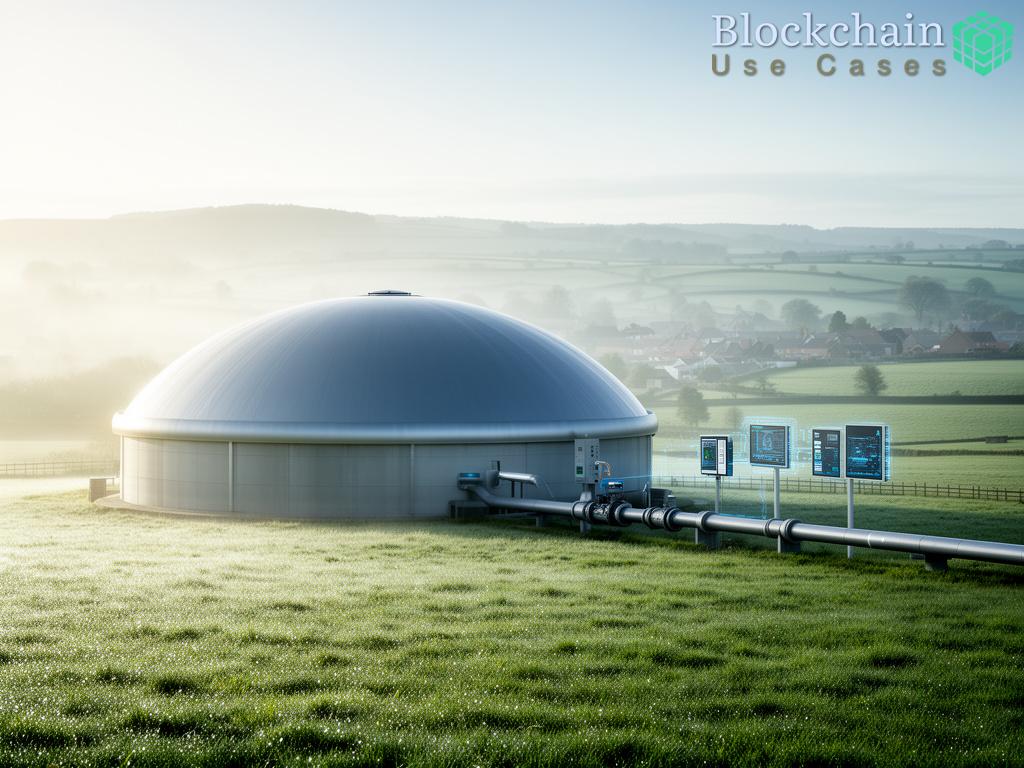The renewable energy sector is rapidly evolving, driven by the need for sustainable solutions. However, the complexity of supply chains and the necessity for transparency pose significant challenges. Blockchain technology emerges as a powerful tool that can ensure secure tracking of renewable energy system components. By leveraging decentralization, immutability, and transparency, blockchain can enhance the integrity of data related to the production, distribution, and consumption of renewable energy.
Enhancing Transparency and Accountability
![]()
Blockchain provides a decentralized ledger system that records transactions across multiple nodes, ensuring transparency and reducing the risk of fraud. Each transaction is time-stamped and immutable, which means that once data is recorded, it cannot be altered. This feature is particularly beneficial for tracking renewable energy components such as solar panels, wind turbines, and battery systems. Stakeholders can access real-time data about the components’ origins and performance, fostering trust among manufacturers, suppliers, and consumers.
Smart Contracts: Automating Processes in Renewable Energy
Another significant advantage of blockchain is the capability to implement smart contracts. These self-executing contracts with the terms of the agreement directly written into code can automate transactions and operations within the renewable energy supply chain. Smart contracts can facilitate seamless interactions between different parties, such as automating the payment process when energy is produced or consumed. By reducing the need for intermediaries, smart contracts can lower transaction costs and increase efficiency.
Key Benefits of Blockchain in Renewable Energy Tracking
To summarize the advantages of utilizing blockchain for tracking renewable energy system components, here are the key benefits:
- Decentralization: Eliminates single points of failure, enhancing system resilience.
- Immutability: Ensures that once data is recorded, it cannot be tampered with.
- Transparency: Provides all stakeholders with access to real-time data.
- Efficiency: Reduces the need for intermediaries, lowering costs and speeding up transactions.
- Traceability: Allows for comprehensive tracking of components from production to disposal.




